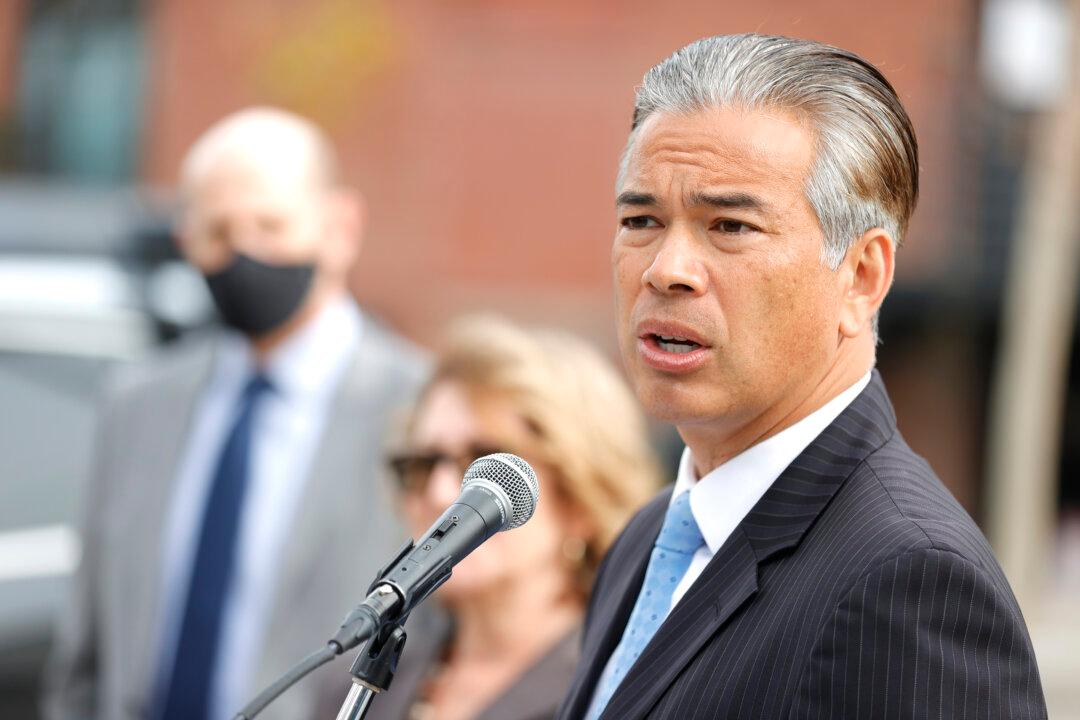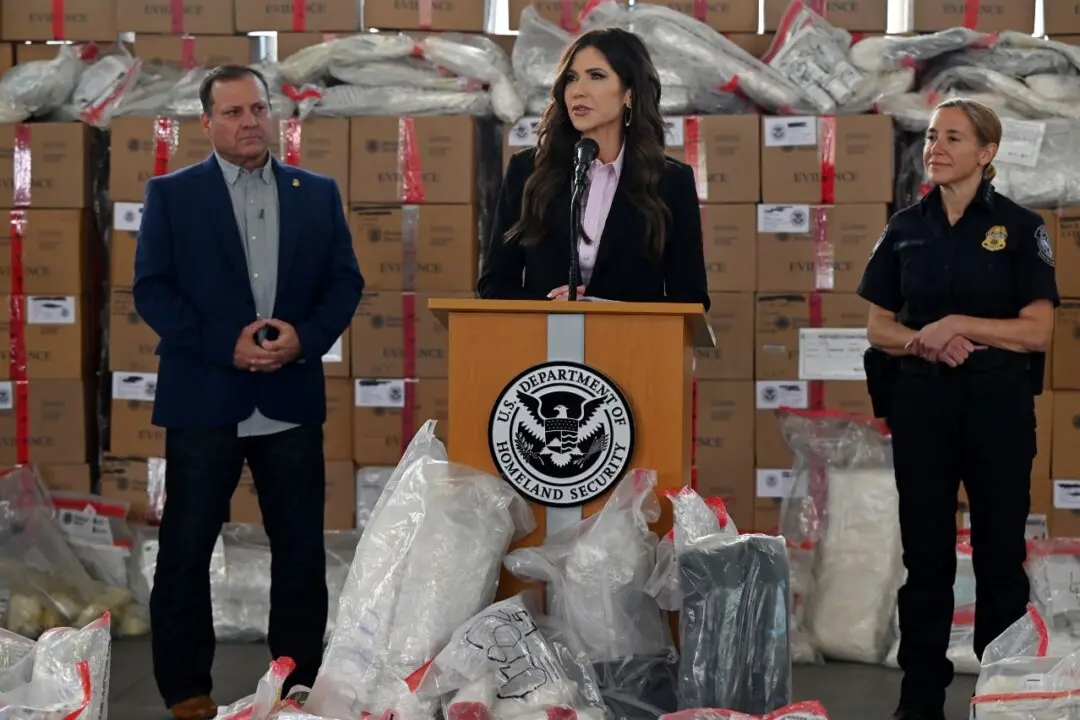A coalition of parental rights and child advocacy groups have accused California Attorney General Rob Bonta of attempting to mislead voters over a ballot initiative title and summary they say is skewed in favor of his political stance on “gender affirmation.”
The ballot initiative would require schools to notify parents if their child changes his or her gender identity, protect the integrity of girls’ sports by prohibiting boys who claim to be girls from competing in them, and ban the use of puberty blockers, cross-sex hormones, and surgery on minors.





